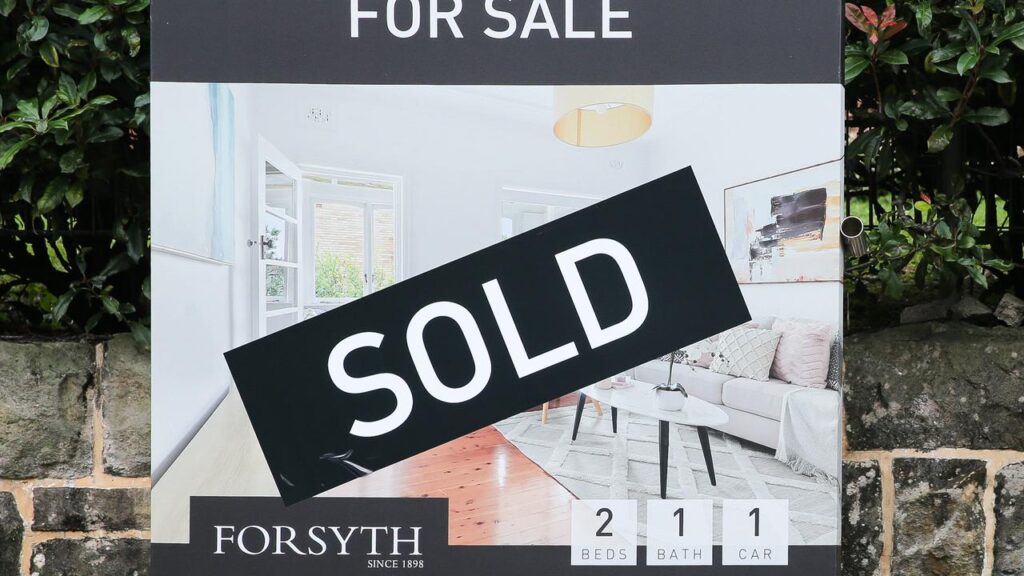Aussies have reported skipping food for days due to the cost of living according to the Foodbank Hunger Report 2024
Written by admin on October 15, 2024
Australians are going entire days without food as a hunger relief charity issued a stark warning.
Nearly 50 per cent of households earning less than $30,000 are experiencing food insecurity, according to the Foodbank Hunger Report 2024.
The report also found more than half of households affected by food insecurity are often skipping meals or going entire days without food.
Foodbank Australia chief executive officer Brianna Casey said low-income families who “were only just getting by have now reached their limits”.
“They are routinely skipping meals, compromising on the quality and nutrition of their food and going without personal care and household products,” Ms Casey said.
Single parents are often going without food to protect their children from hunger, while Aussies are going days without food.
“More than half of food-insecure households are now at the severe end of the food insecurity spectrum. For these families, it’s not just about cutting back — it’s about missing meals entirely, sometimes for days,” Ms Casey said.
“This is no longer a crisis of temporary hardship but a prolonged, systemic issue affecting millions of Australians.
“These households live with the daily anxiety of not knowing where their next meal will come from, forced to choose between essentials like food, housing and utilities.”
A woman detailed in the report how her family is eating less so the children aren’t affected.
“I was paying all expenses for my son, his partner and children after they were hit by unemployment and losing their rental, but I was using up my reverse mortgage which was supposed to cover essential repairs and last me for a couple of years,” the woman said.
“We decided that the adults eat less so that the children weren’t affected. We are having one meal a day.”
A single mother admitted to making similar sacrifices due to the cost of living, explaining she works full time but doesn’t receive any child support from her former partner.
“One income only is no longer affordable since Covid for a single parent family to live off with the increased fuel, energy, insurance, rent, food and daily cost of living expenses,” she said.
“I often go without food and necessities to make sure my children don’t go without.”Ms Casey said Food Bank had earlier issued a warning about households on the lowest incomes.
“While some higher-income households have weathered the storm and come out the other side, households on the lowest incomes, $30,000 and less, are facing a reality that is becoming harder to escape,” she said.
More Coverage
“As we warned at the beginning of this crisis, low-income households were always going to suffer first, worst and for the longest, and the findings of this year’s report support this.”
Australians have also reported cutting back on purchasing dairy products, personal care and cleaning products, fresh produce and protein, according to the report.
Deferred payment by spending more on credit cards or buy now, pay later platforms was also reported, with severely food insecure households using these strategies more than twice as much as







